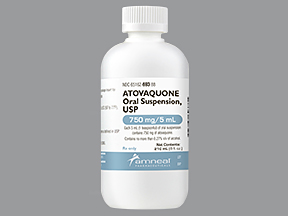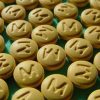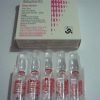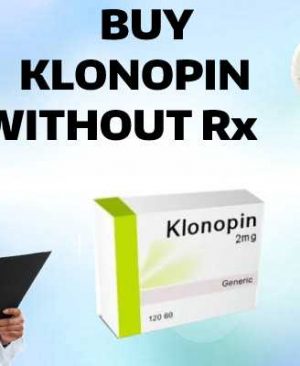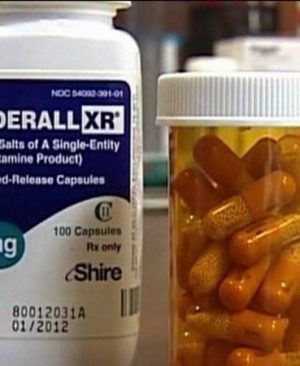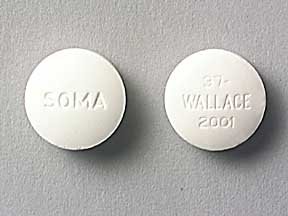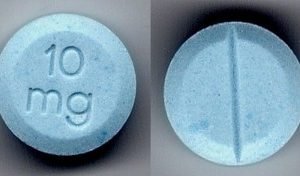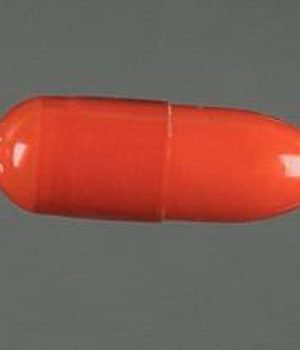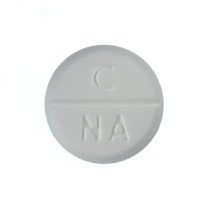BUY MEPRON ONLINE
$999.00 $650.00
-
MEPRON
-
Generic Name: atovaquone
-
Brand Name: Mepron
-
Fungal Infections Slideshow: Fungus Among Us
-
Take the Tummy Trouble Quiz
-
Hepatitis C
-
300 ml 750mg/5ml of atovaquone oral
DESCRIPTION
MEPRON (atovaquone) is a quinone antimicrobial drug for oral administration. The chemical name of atovaquone is trans-2-[4-(4-chlorophenyl)cyclohexyl]-3-hydroxy-1,4-naphthalenedione. Atovaquone is a yellow crystalline solid that is practically insoluble in water. It has a molecular weight of 366.84 and the molecular formula C22H19ClO3. The compound has the following structural formula:
 |
MEPRON suspension is a formulation of micro-fine particles of atovaquone.
Each 5 mL of MEPRON suspension contains 750 mg of atovaquone and the inactive ingredients benzyl alcohol, flavor, poloxamer 188, purified water, saccharin sodium, and xanthan gum.
For Consumers
What are the possible side effects of atovaquone (Mepron)?
Get emergency medical help if you have any of these signs of an allergic reaction: hives; difficulty breathing; swelling of your face, lips, tongue, or throat.
Call your doctor at once if you have any of these serious side effects:
- easy bruising or bleeding, unusual weakness;
- fever, flu symptoms;
- white patches in your mouth or throat;
- worsening cough;
- bronchospasm (wheezing, chest tightness, trouble breathing);
- fever, sore throat, and headache with a severe blistering, peeling, and red skin rash; or
-
- nausea, loss of appetite, dark urine, clay-colored stools, jaundice (yellowing of the skin or eyes).
Less serious side effects may include:
- mild nausea, vomiting, stomach pain or upset,
- diarrhea, constipation;
- headache;
- weakness, dizziness;
- muscle pain;
- mild skin rash;
- sweating; or
- sleep problems (insomnia).
This is not a complete list of side effects and others may occur. Tell your doctor about any unusual or bothersome side effect. You may report side effects to FDA at 1-800-FDA-1088.
What is the most important information I should know about atovaquone (Mepron)?
You should not use this medication if you are allergic to atovaquone.
Before using this medication, tell your doctor if you have liver disease, or a stomach or intestinal disorder.
Also tell your doctor if you use other medications such as rifabutin (Mycobutin), rifampin (Rifadin, Rifater, Rifamate, Rimactane), a blood thinner such as warfarin (Coumadin), or a seizure medication such as carbamazepine (Carbatrol, Tegretol), divalproex (Depakote), phenytoin (Dilantin), or valproic acid (Depakene).
Take atovaquone with a meal for best results.
Take this medication for the entire length of time prescribed by your doctor. Your symptoms may get better before the infection is completely treated.
Call your doctor at once if you have a serious side effect such as easy bruising or bleeding, fever, flu symptoms, white patches in your mouth or throat, worsening cough, wheezing, trouble breathing, a severe red or peeling skin rash, or jaundice (yellowing of the skin or eyes).


